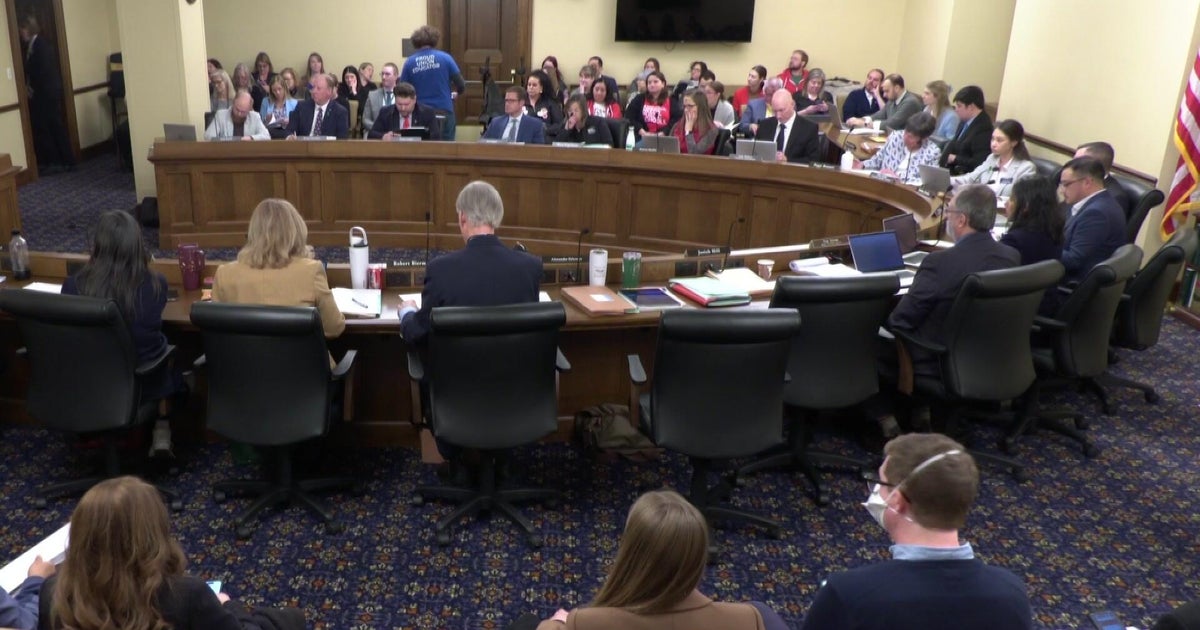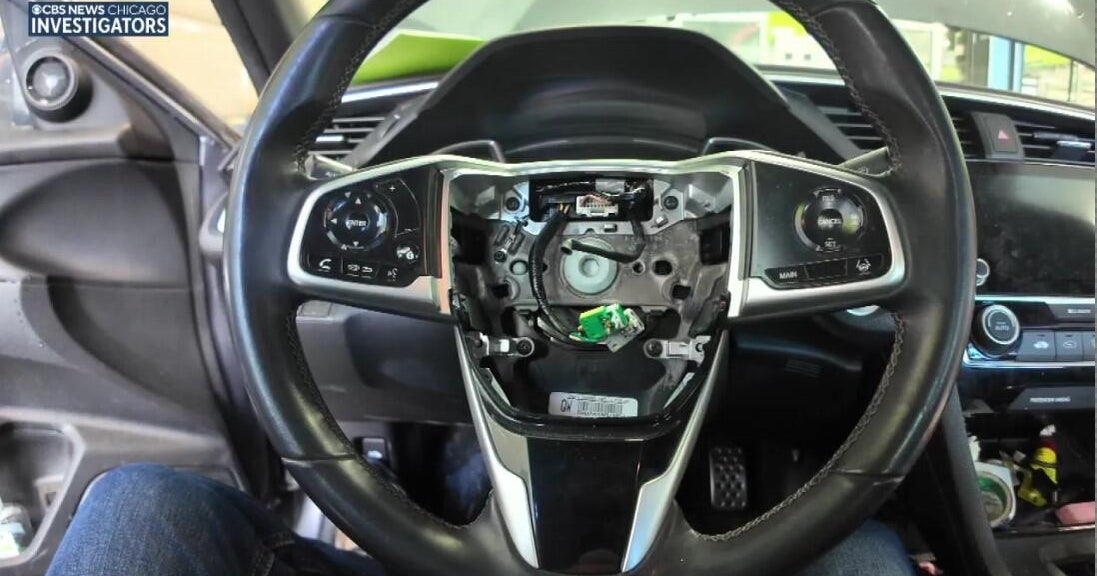E. coli Outbreak Continues To Impact Pa., As Consumers Wonder How To Protect Themselves
Follow KDKA-TV: Facebook | Twitter
PITTSBURGH (KDKA) -- With Pennsylvania leading the nation in E. coli cases from contaminated romaine lettuce, shoppers seem a bit wary.
"I stay away from the romaine for sure. I usually buy the baby leaf spinach," says Marcy Banas, of Robinson.
"I was thinking of getting romaine lettuce, but I changed my mind," notes Mary Lou Snyder, of Moon.
"I do like romaine, but right now, I'll just avoid it. I'll take the butter lettuce. That seems to be a pretty good option," says Sue Smith, of Robinson.
KDKA's Jon Delano Reports:
Federal health officials say the problem is limited to romaine grown in Yuma, Arizona, not in California or other states.
Supermarkets like Giant Eagle have already removed their Yuma lettuce.
"The CDC's warning was very specific to lettuce from the Yuma, Arizona, region," Giant Eagle spokesperson Dan Donovan told KDKA money editor Jon Delano on Wednesday. "Once we were made aware of the warning, we immediately accelerated transition of sourcing for all of our romaine lettuce. We can say confidently now that none of the romaine lettuce through any of our stores is sourced from the Yuma region."
Donovan says customers who bought romaine and want to double check it or exchange it for California romaine should go to their local store.
"All of our Giant Eagle produce items come with a money back guarantee," notes Donovan.
So here's the problem for careful shoppers:
How can you tell whether romaine lettuce is from California or Yuma, Arizona? Bottom line: You can't.
While some lettuce products may indicate a country of origin, most do not indicate the state, leaving customers to trust their grocery store's judgment.
"I don't think it would be on the shelves if it wasn't safe," says Lynn Jones, of Hickory.
Jones was stocking up on lots of romaine for her 40-pound pet tortoises, Shelby and Tank, because it's the only lettuce they eat.
"We eat it, too, but they eat the bulk of it," adds Jones.
Other customers are hesitant.
"Just going to play it safe for a little while until the all clear is given," says Smith.
Attorney Rob Peirce, who represented over 100 people in the Chi-Chi's green onion hepatitis epidemic 15 years ago, has the first local lawsuit in Pittsburgh, involving E. coli and romaine lettuce.
Bethel Park resident Gary Shields says he ate contaminated romaine lettuce at a Panera Bread store in McMurray on March 19.
"Ten days following he began to feel worse and worse every day and then was hospitalized on the 29," said Peirce.
"Spent five days in the hospital with severe diarrhea, bloody stool, and severe dehydration. After a variety of tests were done, it was confirmed that he had E. coli bacteria, which we have now traced back to him consuming contaminated lettuce."
Shields doesn't blame Panera but instead is suing Freshway Foods, the distributor of the lettuce.
"When E. coli gets on produce, it can come from farm equipment which has manure on it. It can come from untreated manure. Some of the fields in low lying areas get water contamination from improper septic removal, things of that nature. When that occurs, it gets on the produce, and when it's on the produce it's very difficult to remove," says Peirce.
While local grocers insist the contaminated romaine is not on store shelves, you can still get sick from previously supplied lettuce, says Peirce.
And that's the point of Shields' lawsuit.
"He was so sick and so ill, he really wants to make sure another family doesn't have to go through what he went through," Peirce said.







